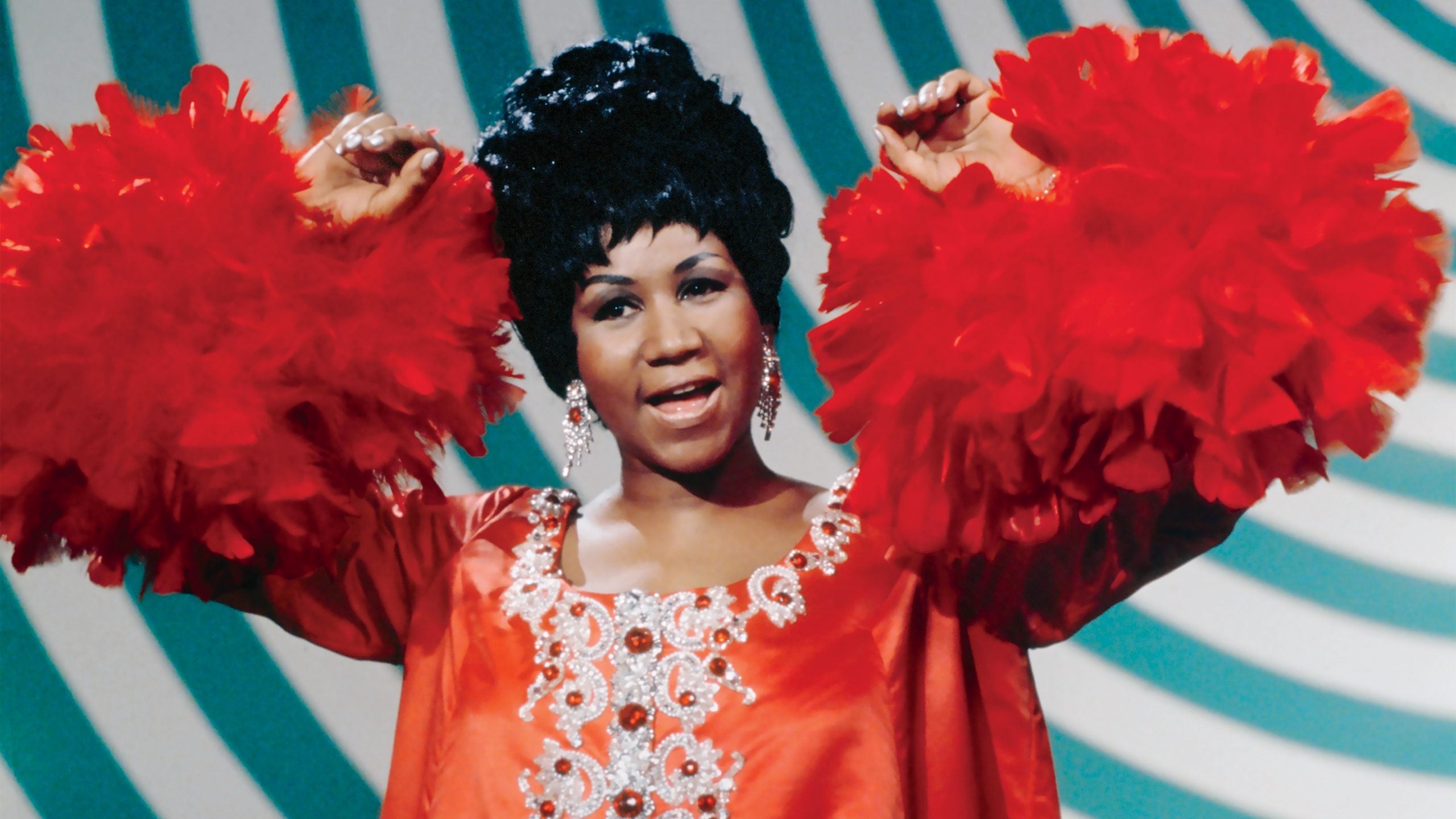
It’s impossible to quantify the impact Aretha Franklin has had on American popular music and culture. She appeared on Billboard’s pop charts more than 70 times and was awarded 18 Grammys. Then there’s the manner in which she transformed songs like “Respect” (originally Otis Redding’s), “Bridge Over Troubled Water” (by Simon & Garfunkel) and “You’ve Got a Friend” (by Carole King).
And let’s not forget the space Franklin eternally holds in our hearts for being unapologetically and divinely Black—a cultural torchbearer who was among the first Black women to grace the cover of Time. Sometimes, like in 1970, Franklin was set to bail out the wrongfully arrested Angela Davis. Sometimes, like in 1985, Aretha cruised in a pink Cadillac.
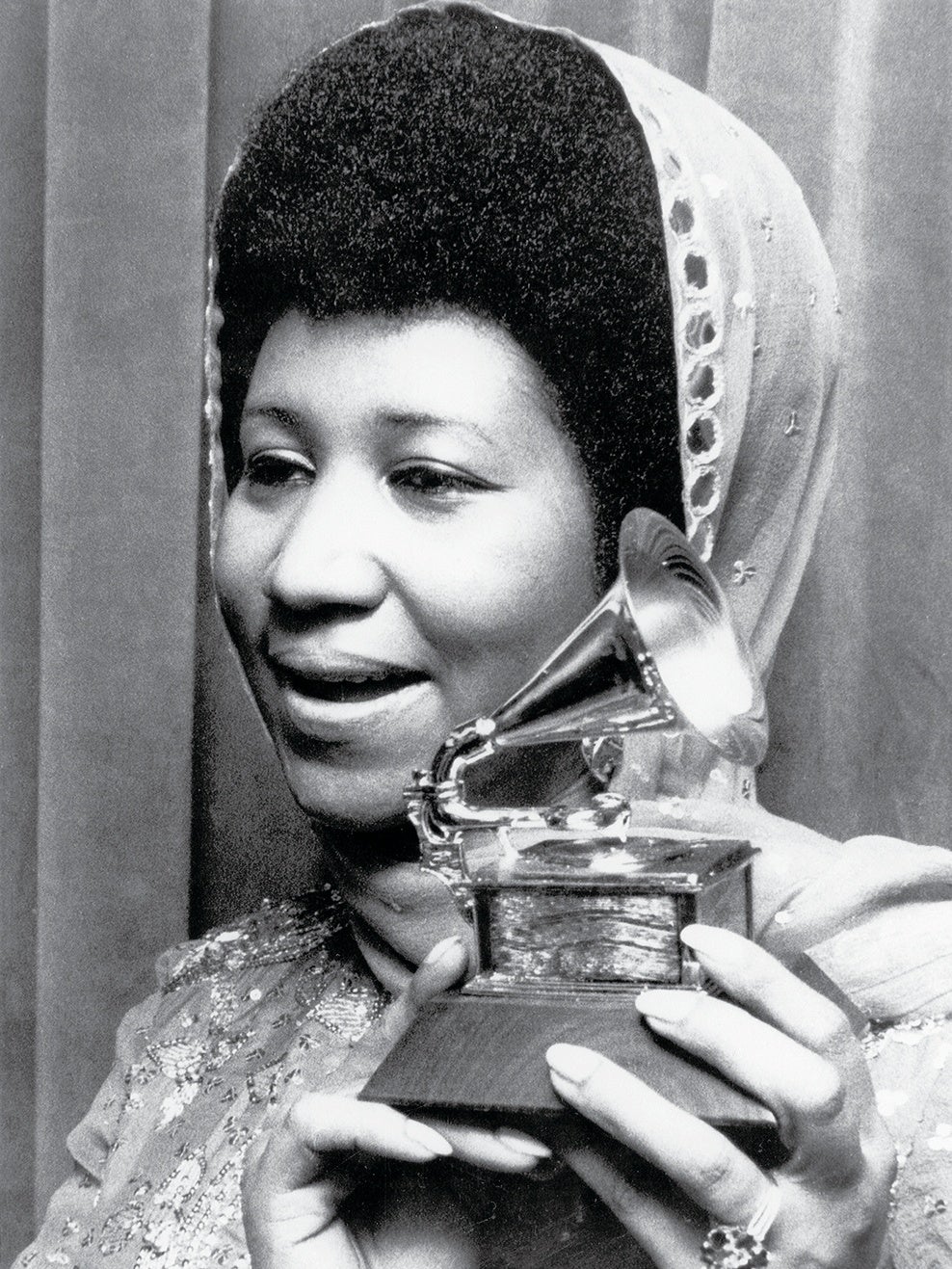
For her entire career, she channeled our melancholia in songs such as “Misty,” “It Hurts Like Hell” and “Chain of Fools.” Her embodying of emotion for masses of people had to be exhausting, yet Franklin continued to dominate the charts through the sixties, seventies and early eighties.
The singer’s enduring influence on today’s performers is seen in their desire to capture the emotional and vocal range of the Queen of Soul. Yet for today’s singers, it’s not just about a given song. It’s about the complexity of Franklin’s talent, the clarity of her instrument and musical ambition, her spiritual activism and the berry Blackness of her blues.
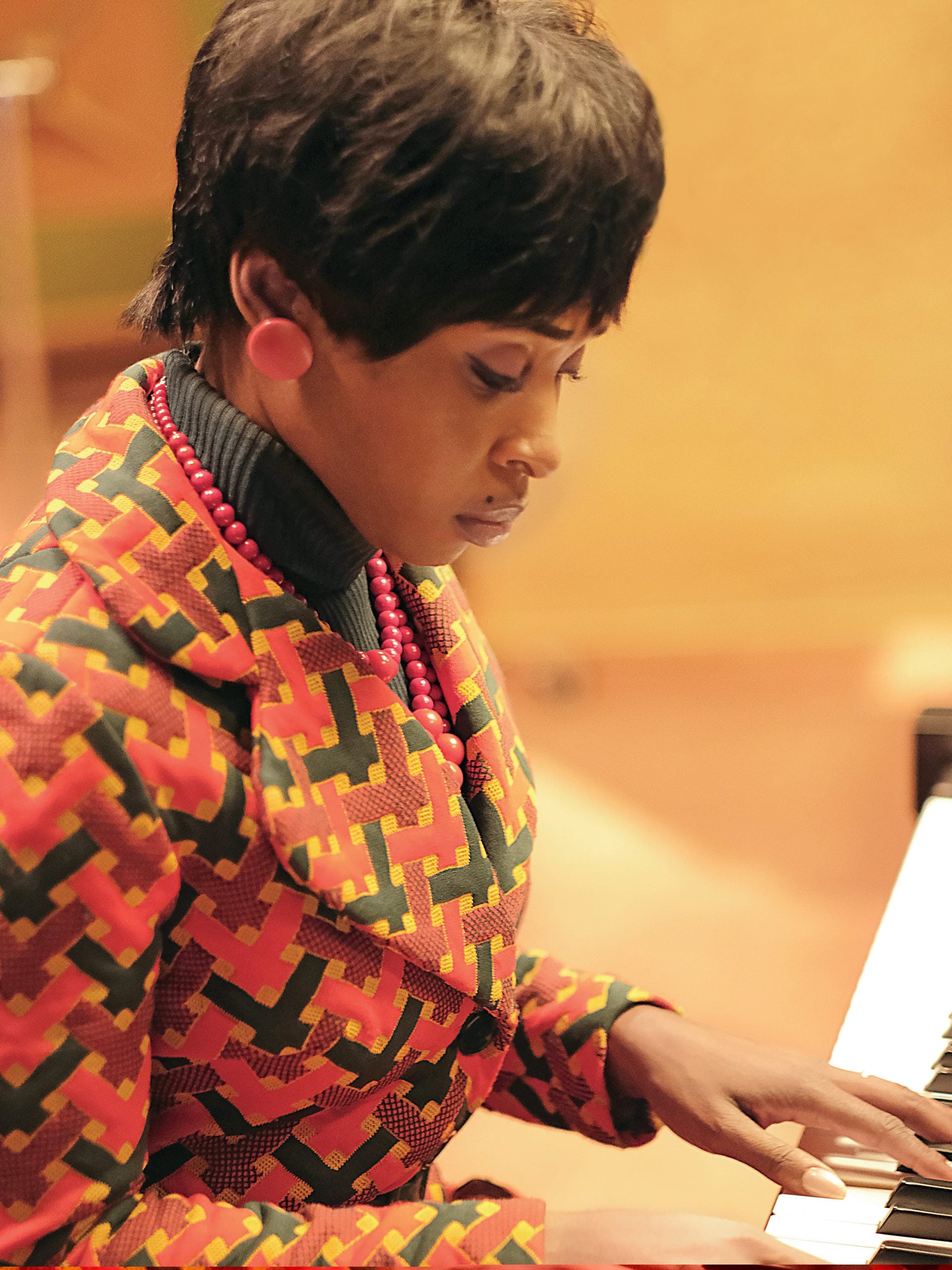
Cynthia Erivo will have the privilege of starring as Franklin in the upcoming National Geographic series “Genius: Aretha.” Franklin can also be heard in the music of artists for whom she cleared a path. When Mary J. Blige debuted in 1992 with What’s the 411?, she was immediately labeled Gen X’s Aretha.
Blige was, and is, very much herself—but Franklin flows through Mary J.’s vocals most vividly in her 1997 hit “Seven Days.” In the concurrent glee and anxiety of the lyrics “on Thursday / things weren’t / the same,” Aretha lives and breathes. Turn up the volume when Alicia Keys sings, “My lovin’ feels like ooooo,” on 2003’s “You Don’t Know My Name.”
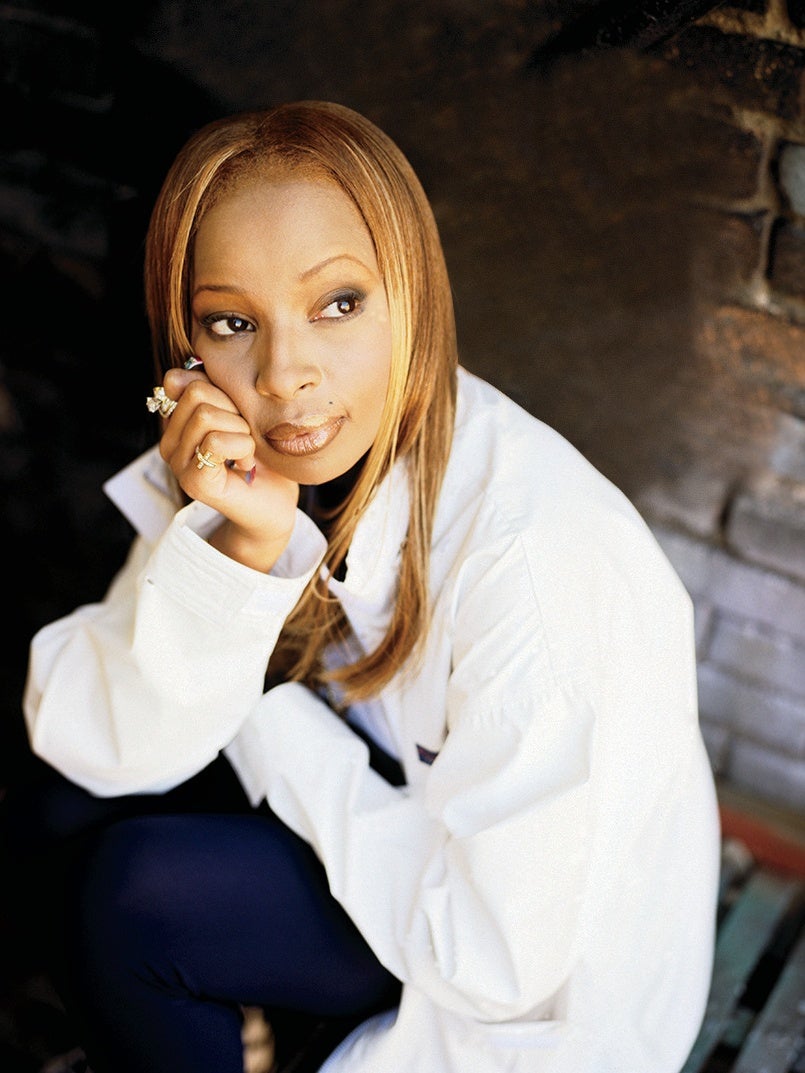
Like Franklin’s, Keys’s vocals thicken with pure yearning. When Janet Jackson leads with the soft, stomping chorus of “I Get Lonely,” Franklin is right up in there with an approving head tilt. Same for Deborah Cox’s 1998 soul-baring effort, “Nobody’s Supposed to Be Here,” and Karyn White’s 1988 hit, “Superwoman.”
Yes, the list even stretches to include revved-up party jams and two-steps. You can hear the runaway love of Franklin’s “Day Dreaming” in Mariah Carey’s 1993 fave “Dreamlover.” And Beyoncé’s effervescent 2011 offering “Love on Top” has the top-hat-and-tails sparkle of Franklin’s seventies-era performances.
It’s about the complexity of Franklin’s talent, the clarity of her instrument and musical ambition, her spiritual activism, and the berry Blackness of her blues.”
—DANYEL SMITH, CULTURAL CRITIC
“Can’t you see / The glow on the windowpane” stylistically echoes Aretha’s “I like the kind of ways / We have our fun.” And Franklin’s 1970s vibe shimmies through Whitney Houston’s 1999 single “It’s Not Right But It’s Okay” as well. Aretha’s aura is near ubiquitous.
The sad lilt of her “This Girl’s in Love With You” is in Erykah Badu’s heartbreaking “Next Lifetime.” Brownstone’s 1994 smash, “If You Love Me,” is practically a tribute—from members Monica Doby, Nicci Gilbert and Charmayne Maxwell—to the heightened gospel licks of the Queen herself.
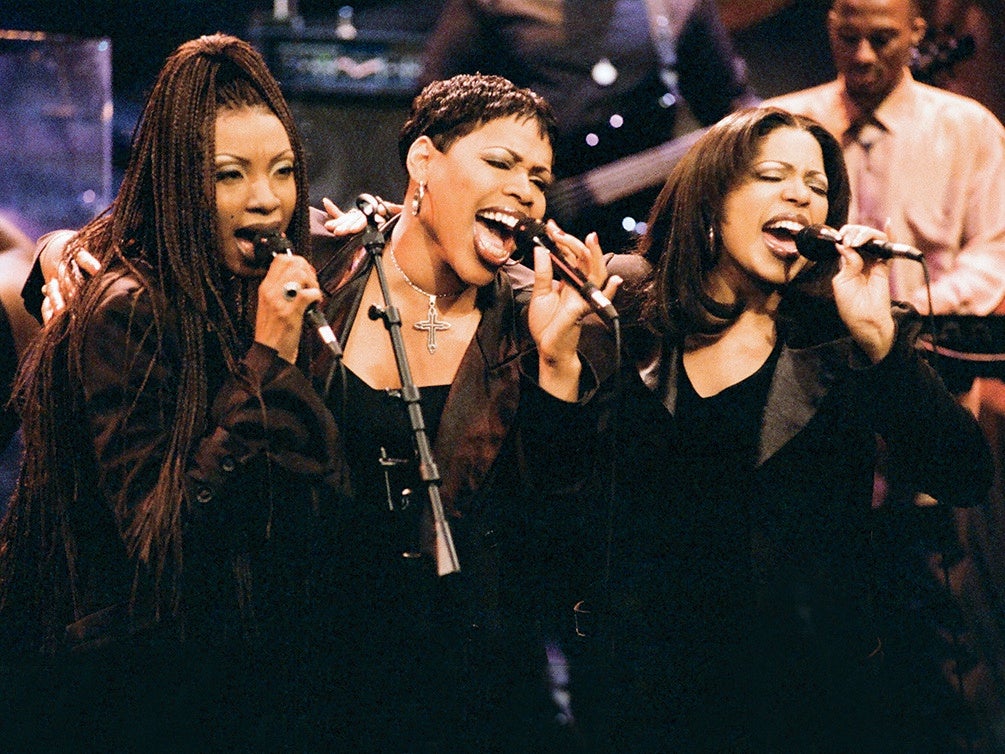
And there is much about the mood of Ella Mai’s “Boo’d Up” that speaks to Franklin’s deep merge of the assertive and the tender. Aretha’s bold ecstasy is also alive in the booty-pop—“Bend over, big rover / We’re gonna tear the joint up”—of Megan Thee Stallion.
All of this unabashed sharing of desire, of love? It’s the reason we weep—as President Obama did—when our brave Aretha hits those notes. She carries all the women who came before in her oeuvre: Ella Fitzgerald, Dinah Washington, Mahalia Jackson and more, artists who brought jazz and gospel from chitlin circuits to integrated concert halls.
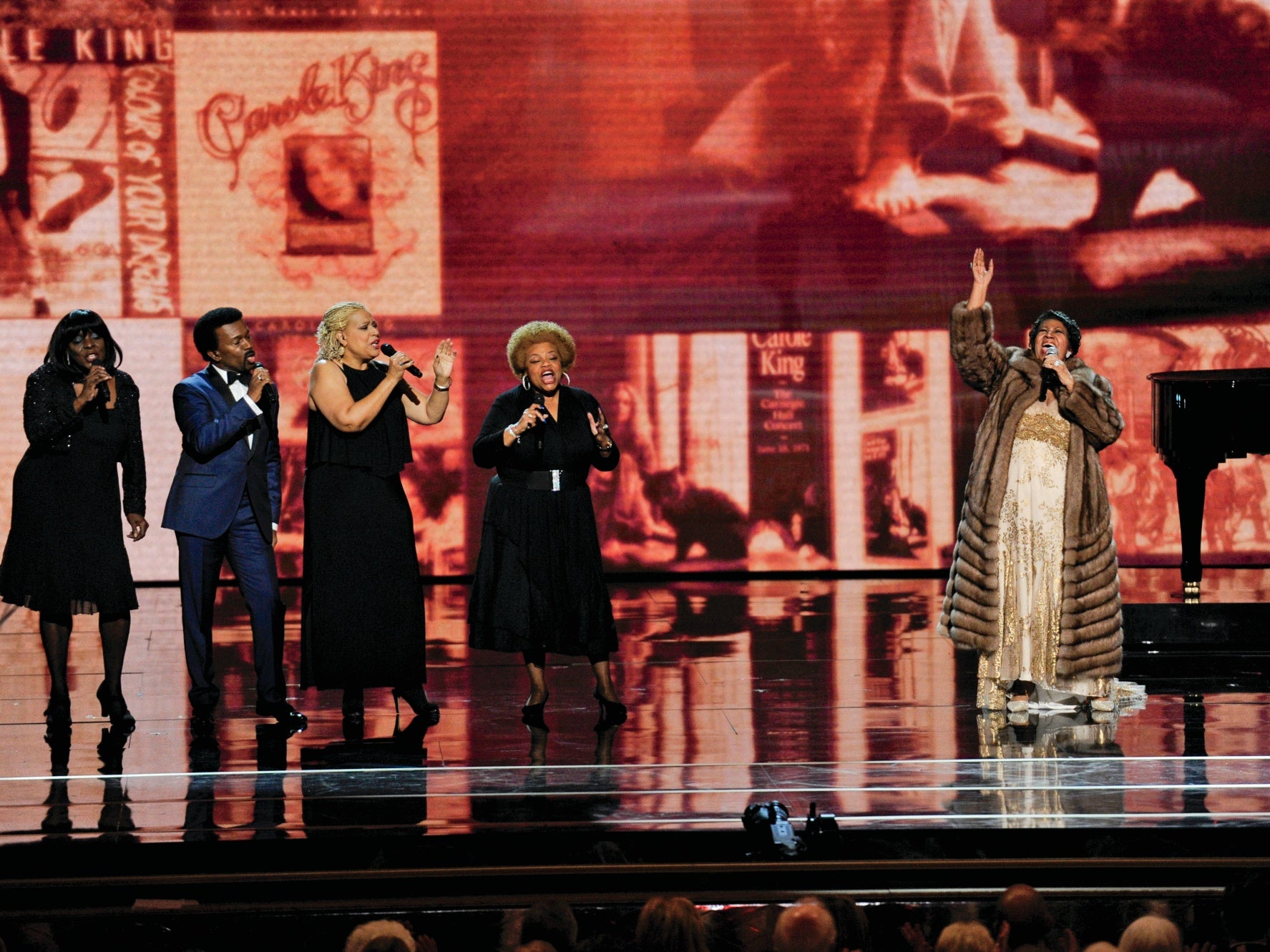
Measuring the effect of Aretha Franklin on American popular music and culture might well be impossible, but there’s joy in the attempt. Like Blackness in pop culture and the work of Black women in all things, Aretha Franklin’s influence—even when you don’t see it, even when you can’t hear it—is always there, strumming underneath everything.
Oscar winner Jennifer Hudson, who will portray Franklin in the upcoming biographical film “Respect,” sang at Franklin’s 2018 funeral. Hudson may well be the heir apparent to Franklin—a cultural icon of similar power and vocal range. But as with Franklin, there is much labor in Hudson’s love for us.
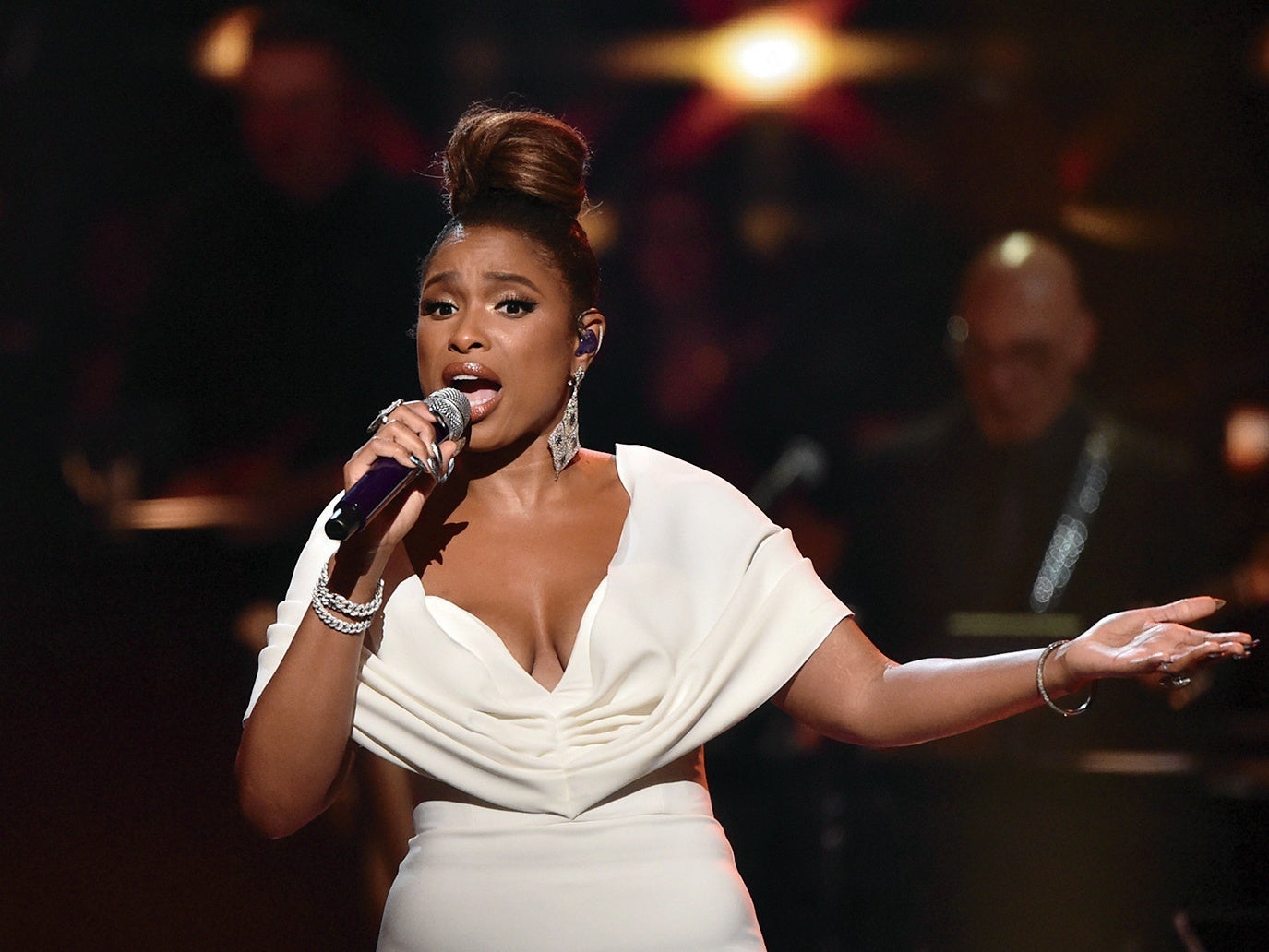
As she and all the others who carry on Franklin’s legacy know all too well, we’re just climbing higher mountains, trying to get home; and Queen Aretha is right there with us, lighting the way.
Danyel Smith (@danamo) is a writer and cultural critic. Her upcoming book, Shine Bright: How Black Women Took Over Pop Music and Changed Culture Forever (One World/Random House), arrives in February 2021.
This interview originally appeared in the May/June 2020 issue of ESSENCE magazine, available on newsstands now.